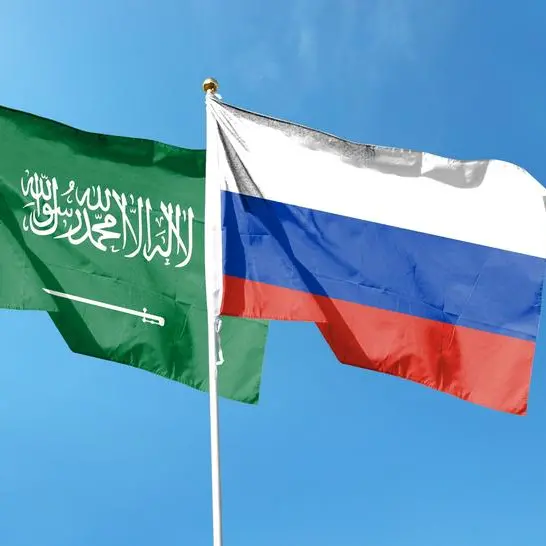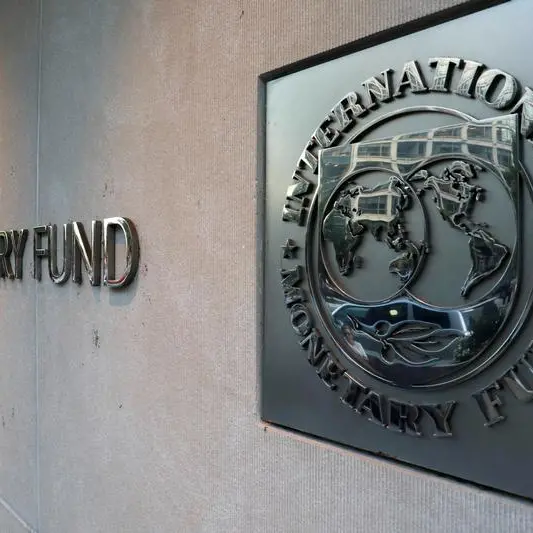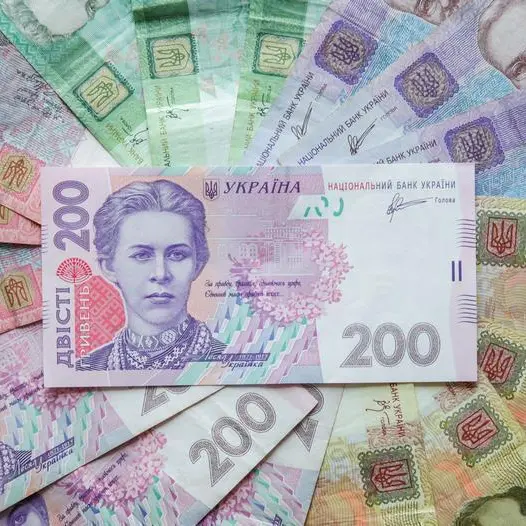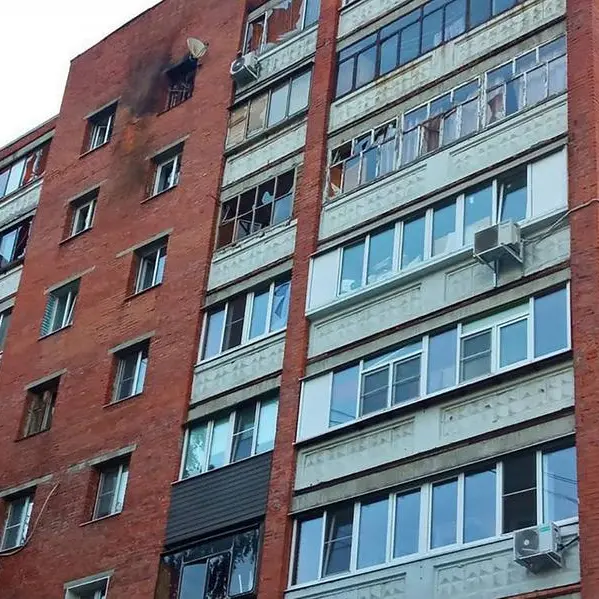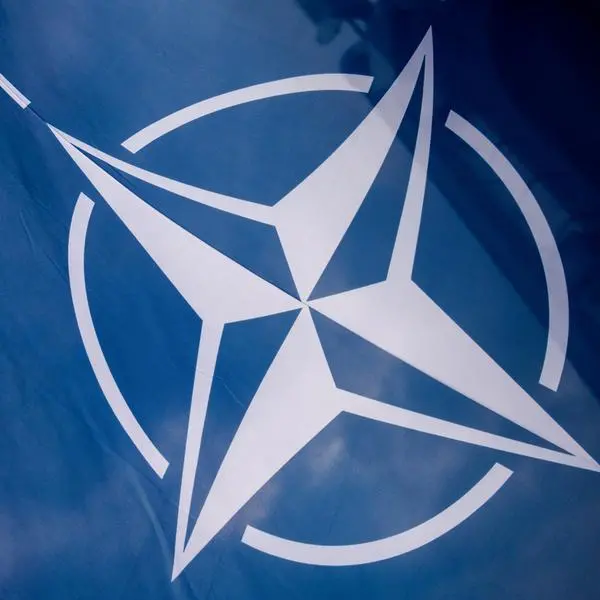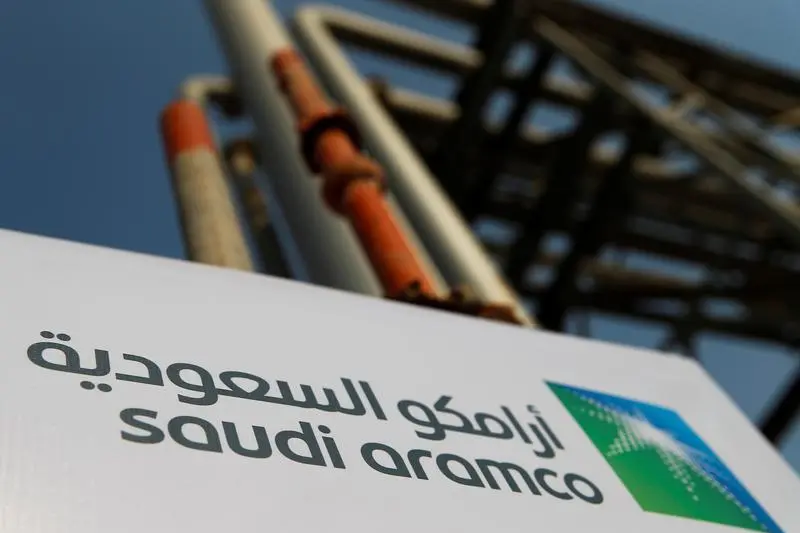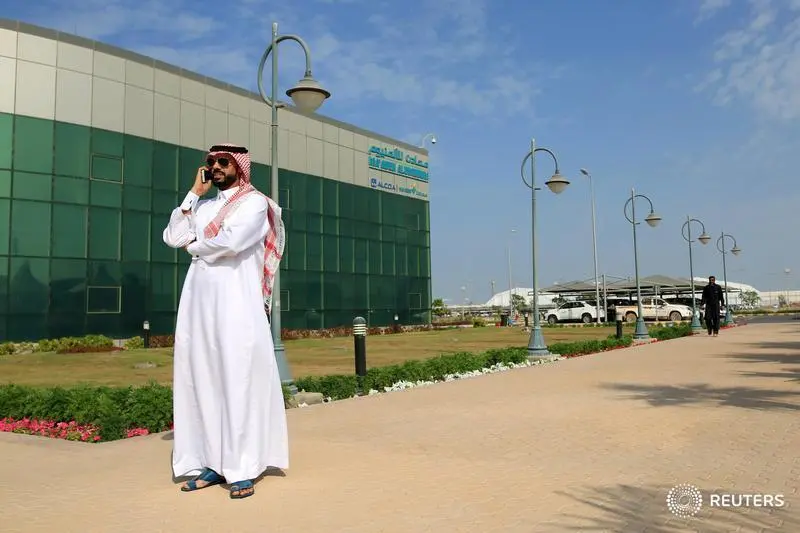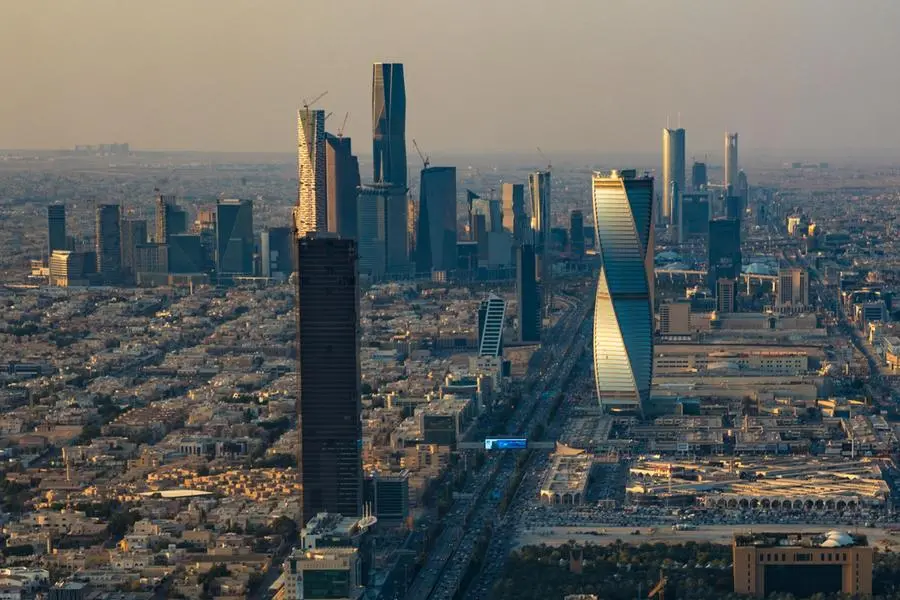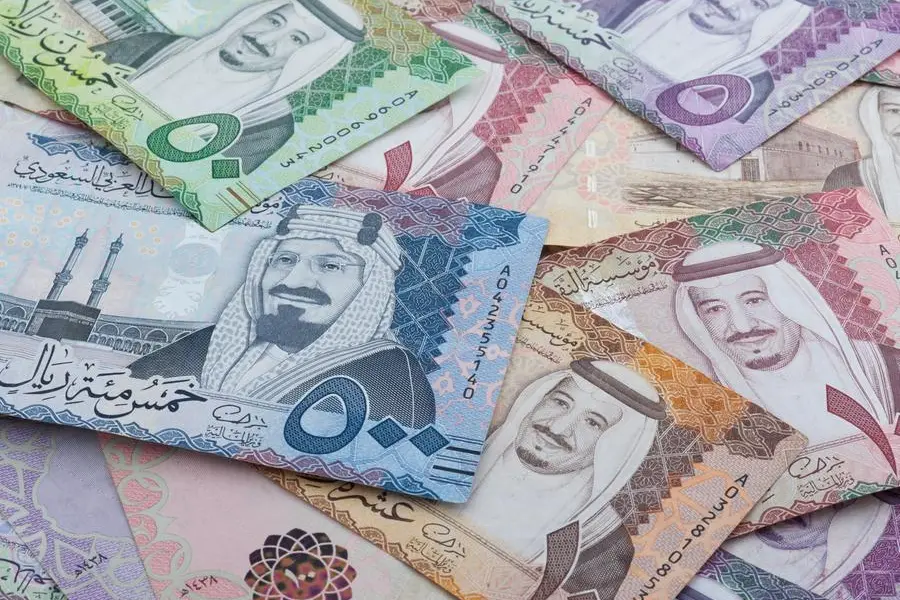PHOTO
Commodity markets worldwide are facing a major shock due to the Russia-Ukraine war, which will keep prices at historically high levels through the end of 2024, according to the World Bank.
The global patterns of trade, production, and consumption of commodities has been affected. While energy prices are surging, price increases for food commodities and fertilisers, which rely on natural gas as a production input, have been the largest since 2008, the World Bank said in its latest Commodity Markets Oulook report.
Indermit Gill, the World Bank’s Vice President for Equitable Growth, Finance, and Institutions, said: “Overall, this amounts to the largest commodity shock we’ve experienced since the 1970s. As was the case then, the shock is being aggravated by a surge in restrictions in trade of food, fuel and fertilisers.”
“These developments have started to raise the specter of stagflation. Policymakers should take every opportunity to increase economic growth at home and avoid actions that will bring harm to the global economy," Gill said.
The war is leading to more costly patterns of trade that could result in longer-lasting inflation, the World Bank noted. It is expected to cause a major diversion of trade in energy.
"Some countries are now seeking coal supplies from more remote locations. At the same time, some major coal importers could step up imports from Russia while reducing demand from other large exporters. This diversion will likely be more costly, the report notes, because it involves greater transportation distances," the report said.
Similar diversions are occurring with natural gas and oil.
Many countries in the Middle East and North Africa will see further food price increases and will be at risk of food insecurity, the World Bank said in a report published on April 15.
Djibouti, Lebanon, Syria and Yemen have seen sharp increases in food prices across the board. Food and energy price increases have disproportionately hurt the poor because they spend larger shares of their expenditure on food and energy, it said.
Rising prices stall progress
Energy prices are expected to rise more than 50 percent in 2022 before easing in 2023 and 2024, according to the World Bank estimates.
The price of Brent crude oil is expected to average $100 a barrel this year.
"Nevertheless, commodity prices are expected to remain well above the most recent five-year average. In the event of a prolonged war, or additional sanctions on Russia, prices could be even higher and more volatile than currently projected," the latest report noted.
Ayhan Kose, Director of the World Bank’s Prospects Group, which produces the Outlook report, said: “Commodity markets are experiencing one of the largest supply shocks in decades because of the war in Ukraine."
“The resulting increase in food and energy prices is taking a significant human and economic toll and it will likely stall progress in reducing poverty. Higher commodity prices exacerbate already elevated inflationary pressures around the world,” he added.
In its report, the World Bank has urged policymakers to act promptly to minimize harm to their citizens. It has called for targeted safety-net programs such as cash transfers, school feeding programs, and public work programs rather than food and fuel subsidies.
"A key priority should be to invest in energy efficiency, including weatherization of buildings," the report said.
(Reporting by Seban Scaria seban.scaria@lseg.com; editing by Daniel Luiz)

